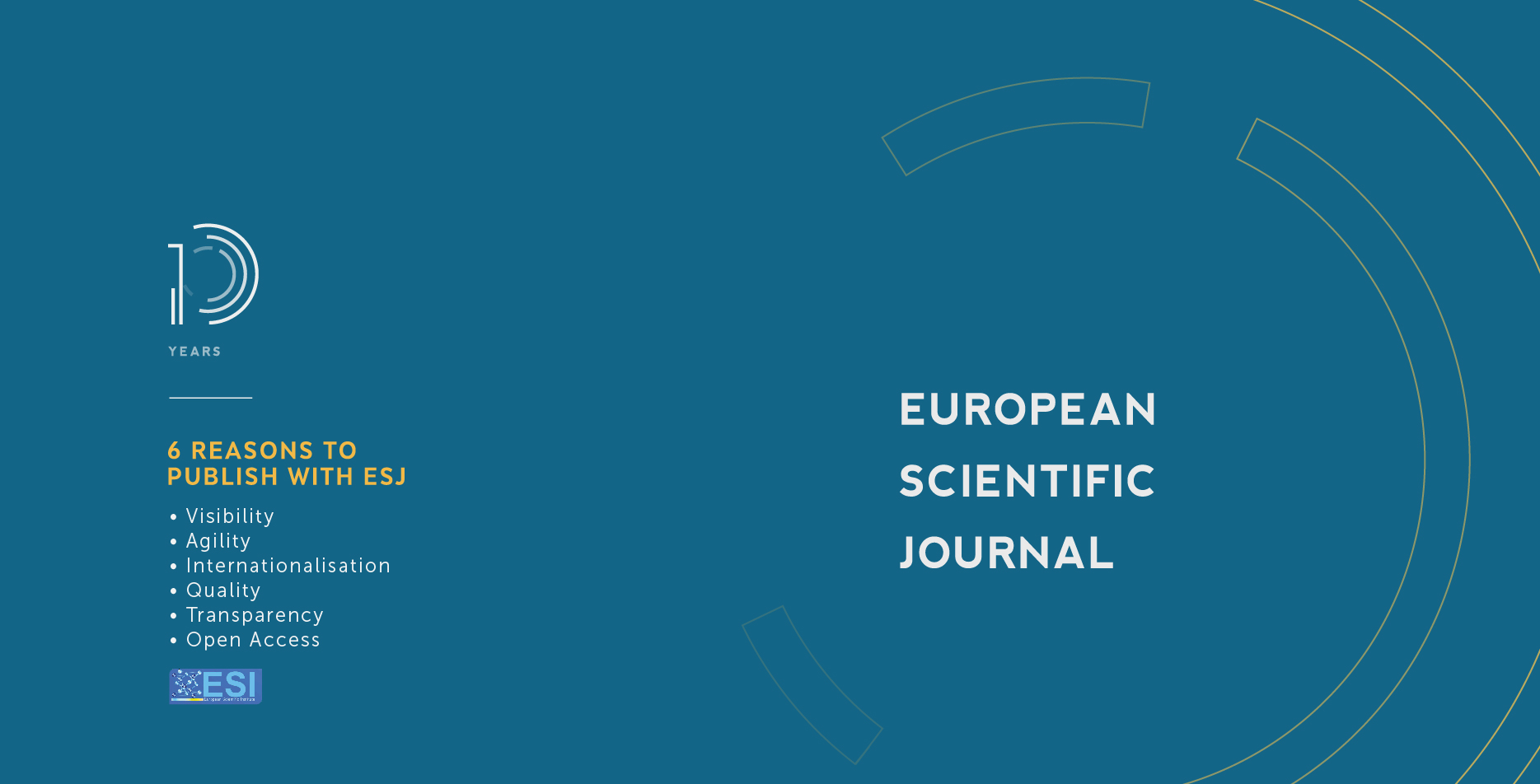Du Syndicalisme dans les Structures Professionnelles des Eglises à Bukavu (République Démocratique du Congo)
Abstract
La présente étude porte sur le syndicalisme dans les structures professionnelles des Eglises de la Ville de Bukavu. Il s’agit de circonscrire les fonctions, les perceptions et les contraintes des associations syndicales dans les services promus par les Eglises à Bukavu. Pour la collecte des données, 401 sujets issus de 42 structures professionnelles des Eglises de Bukavu, sélectionnées sur base de leur capacité élevée de production et du nombre (30 travailleurs et plus) du personnel pris en charge ont été enquêtés à l’aide du questionnaire et de l’entretien. La méthode structuro-fonctionnaliste de T. Parsons (1973), l’analyse statistique et le test chi carré ont soutenu le dépouillement et le traitement des données. Il ressort des résultats de la recherche que les syndicats sont en œuvre pour revendiquer les bonnes conditions de travail. L’on assiste à des mouvements des revendications allant des avertissements de grèves par des lettres adressées directement aux autorités religieuses et politico-administratives, « set in », à des cessations partielles de travail dans beaucoup d’entreprises. Toutefois les syndicats œuvrant dans les structures professionnelles des Eglises sont diversement appréciés par les employés et les employeurs. Pour les uns, les syndicats existent théoriquement mais ne remplissent pas leur rôle. Pendant que pour les autres, les syndicats travaillent dans l’intérêt général des agents. Dans la poursuite de leurs missions, les syndicats se heurtent à des obstacles de divers ordres. Tout d’abord, ils sont l’émanation des institutions religieuses qui digèrent difficilement les oppositions au sein de leurs structures. Ensuite, les syndiqués sont souvent dubitatifs dans les démarches revendicatives. Ils ont peur de s’engager dans les démarches craignant la perte de leurs emplois. Enfin, les syndicalistes sont eux-mêmes souvent inféodés au pouvoir car dépendant de la ligne droite définie par certains responsables des structures professionnelles des Eglises.
This study deals with labor unionism in Church Owned Professional Organizations of the City of Bukavu. The paper aims at (1) identifying the actions of the labor unions, (2) examining how those actions are socially perceived and (3) finding out the challenges accounted by the labor unions in the Church Owned Organizations in Bukavu. 401 employees from 42 Church owned Professional Organizations in Bukavu were sampled and surveyed. The structural-functional method, the content analysis and the chi-square test supported the data analysis. The results of the research show that the labor unions are active in bargaining for improved employees’ working conditions. There are several actions ranging from warnings of strikes through letters addressed directly to religious and politico-administrative authorities, to partial layoffs in many organizations. However the actions of the labor union members are differently perceived and appreciated by the employees and the employers. For some, the unions exist theoretically but do not fulfill their role. While for the others, the unions serve the general interest of the employees. In the pursuit of their missions, the labor unions always face several challenges. First, they operate in religious institutions which find it difficult to comply with opposition based view within their organization. Second, employees are often afraid and reluctant to raise their voice about their working conditions since this can result in job dismissal; thus, the process of defending their rights is a bit challenging than it would be in a different organization. Finally, the labor unionists who are supposed to defend employees’ rights are themselves often obedient to employers’ case. Thus, they often comply with the straight line defined by the leaders of the Church Owned Professional organizations.
Downloads
PlumX Statistics
Copyright (c) 2020 Habamungu Bashwira, Pilo Kamaragi

This work is licensed under a Creative Commons Attribution-NonCommercial-NoDerivatives 4.0 International License.








